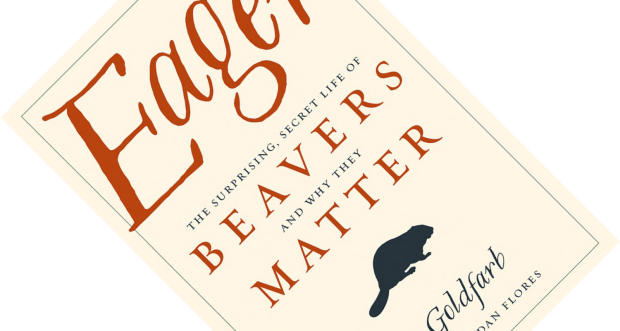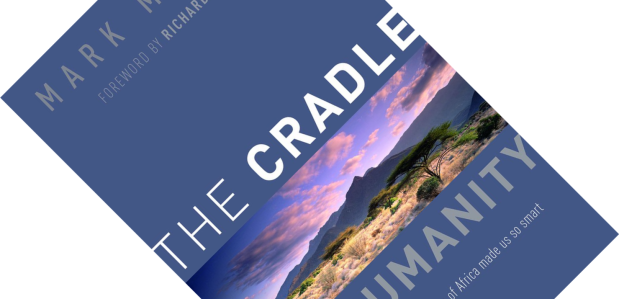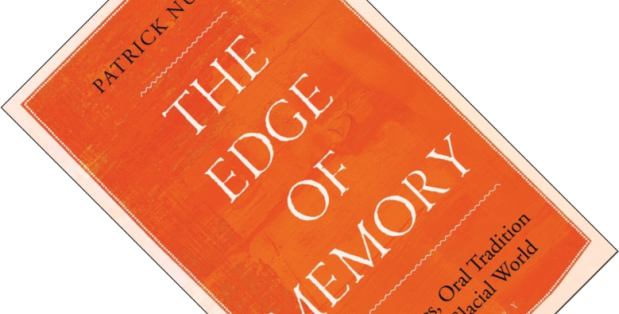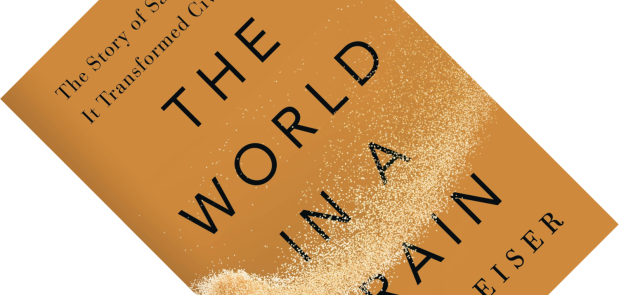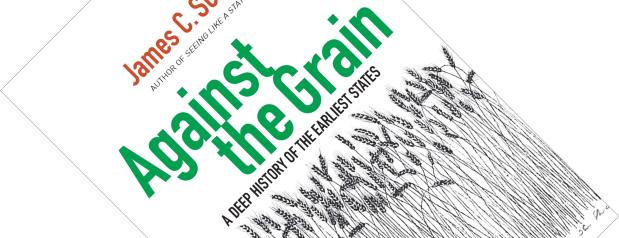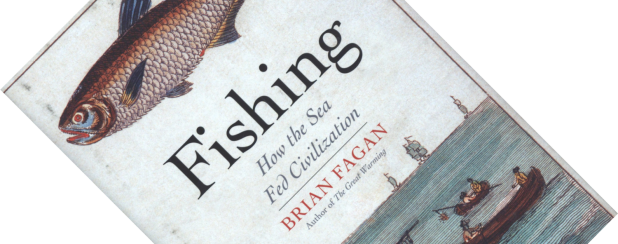When you think beavers, you think dams creating a safe microcosm in which they can thrive. But the effect of such dams ripples out well beyond that. In Eager, environmental journalist Ben Goldfarb presents a serious, incisive book that shows just how important beavers and their dams are for biodiversity, ecosystem health, and hydrology. If humans are now said to be a geological force to be reckoned with, birthing the term Anthropocene, our persecution of beavers led to the loss of another geological force.
environmental history
Book review – The Cradle of Humanity: How the Changing Landscape of Africa Made Us So Smart
The story of human evolution is constantly being refined with new findings and there is a glut of accessible books that cover this topic from various angles. Yet, with The Cradle of Humanity, geography professor Mark Maslin manages to provide an interesting and novel take on the subject, showing the reader how a happy combination of larger factors conspired to influence and steer our evolutionary trajectory. It could have ended up so differently…
Book review – The Edge of Memory: Ancient Stories, Oral Tradition and the Post-Glacial World
When I read the brief for The Edge of Memory, my first thought was: “Really, Bloomsbury is publishing a book on flood geology?” This creationist take on geology tries to interpret geological features in accordance with the Biblical account of a worldwide flood described in Genesis. If you haven’t read your Bible verses today, don’t worry, if I say “Noah” and “ark”, you probably know which one I mean. My guess was close, but not quite on the ball. Patrick Nunn, a professor of Oceanic Geoscience, here argues that ancient stories and myths hold within them descriptions of geological catastrophes and climatic changes. Welcome to the obscure academic discipline of geomythology.
Book review – The World in a Grain: The Story of Sand and How It Transformed Civilization
Human civilisation is hungry for many resources, and I feel that there is a general awareness that we are taking more than the planet can provide. Deforestation, overfishing, fossil fuel exploitation – I’d like to think these are all familiar concepts. But who knew that we have a sand crisis looming in our near future? Journalist Vince Beiser has written a hard-hitting reportage that convinces that, despite its ubiquity, even humble grains of sand are a finite resource.
Book review – Against the Grain: A Deep History of the Earliest States
History books tend to portray the transition of humans as hunter-gatherers to farmers – and with it the rise of cities, states and what we think of as civilization at large – as one of progress and improvement. But with Against the Grain: A Deep History of the Earliest States, political scientist and anthropologist James C. Scott challenges this narrative. That our switch to an existence as sedentary farmers impacted our health is something I was familiar with from palaeopathological findings, see for example Ungar’s Evolution’s Bite: A Story of Teeth, Diet, and Human Origins or Hassett’s Built on Bones: 15,000 Years of Urban Life and Death. But Scott tackles this subject from many angles, summarising accumulating archaeological and historical evidence to provide a fine counter-narrative.
Book review – The Rise of Yeast: How the Sugar Fungus Shaped Civilisation
From the Giza-pyramid-complex-shaped mountains of dried yeast, to the visual joke on the spine (I see what you did there), The Rise of Yeast is an amusing read about fungus. In case you find that hard to believe, Nicholas P. Money, mycologist and professor of Botany, has been waxing lyrically about micro-organisms for years. Here, he highlights the humble yeast and how it has shaped human history. For without yeast there would be neither bread nor booze.
Book review – Fishing: How the Sea Fed Civilization
Brian Fagan is a celebrated archaeologist and author who has written many books on the topic of environmental history. Several of these sit on my shelves, though I admit this is the first book by his hand that I have read. With Fishing, Fagan presents a deep history of fishing from the time of our human ancestors up to the present day, highlighting its overlooked role in the history of human civilization. His story spans the globe and pieces together a fragmented and complicated puzzle.
Book review – The Fate of Rome: Climate, Disease, & the End of an Empire
Somewhere in chapter 2, Kyle Harper remarks how historians have become unintentional beneficiaries of ongoing climate change, as scientists turn to palaeoclimatic records such as ice cores, tree rings, and sediments to understand fluctuations in earth’s climate. This bonanza of data allows historians a new way to look at past events. And thus was born the discipline of environmental history, which emphasizes the active role the natural environment can have on human affairs. In The Fate of Rome, Kyle Harper looks at one of those defining moments in human history, the decline and fall of the Roman empire, and the role of climate change and pandemics.

